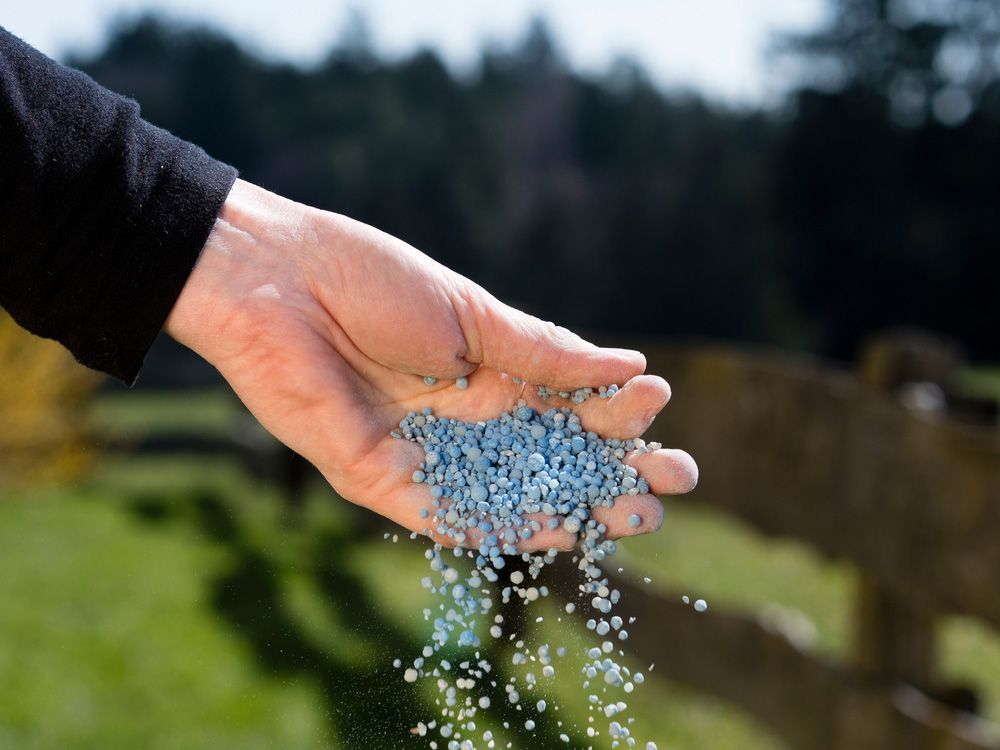GET A FREE QUOTE TODAY - CALL US (07) 4056 1740
How To Choose The Right Fertiliser For Your Lawn
Choosing the right fertiliser for your lawn can be a daunting task, especially with the myriad of options available on the market. However, with a bit of knowledge and understanding, you can ensure your lawn remains lush, green and healthy throughout the year. In this guide, we'll delve into the key factors to consider when selecting a fertiliser for your lawn.
Understanding Your Lawn's Needs
Before diving into the types of fertilisers, it's essential to understand your lawn's specific needs. Here are some factors to consider:
- Soil Type: Different soils have varying nutrient compositions. Get a soil test to determine its pH and nutrient levels.
- Grass Type: Some grasses require more nitrogen, while others might need more potassium or phosphorus.
- Season: The time of year can influence the type of nutrients your lawn needs.
Types Of Fertilisers
There are several types of fertilisers available, each with its unique composition and benefits:
- Granular Fertilisers: These are solid granules that release nutrients slowly over time. They're ideal for prolonged nourishment.
- Liquid Fertilisers: These provide immediate nutrients to the grass, making them perfect for quick fixes.
- Organic Fertilisers:
Made from natural materials like seaweed, manure or compost. They improve soil health and structure over time.
Key Nutrients To Consider
Fertilisers are often labelled with three numbers representing the percentage of key nutrients:
- Nitrogen (N): Promotes leafy, green growth.
- Phosphorus (P): Encourages root development and flower blooming.
- Potassium (K): Helps with disease resistance and overall plant health.
For instance, a fertiliser labelled 10-20-10 contains 10% nitrogen, 20% phosphorus and 10% potassium.
Application Tips
- Follow the Instructions: Always read the label and apply the recommended amount. Over-fertilising can harm your lawn.
- Water After Applying: This helps the fertiliser to penetrate the soil and reach the grass roots.
- Use a Spreader:
For granular fertilisers, using a spreader ensures even distribution.
Environmental Considerations
It's essential to choose environmentally friendly fertilisers. Look for options that:
- Are Low in Phosphates: Excess phosphates can run off into waterways, causing harm to aquatic life.
- Have Slow-Release Nitrogen:
This reduces the risk of nitrogen leaching into the groundwater.
Give Your Lawn The Care It Deserves!
Your lawn is more than just a patch of green; it's a reflection of your home and your commitment to the environment around you. Don't let it wither away due to lack of proper nourishment.
Tropical Lawns is here to guide you every step of the way. From choosing the right fertiliser to offering expert advice on
lawn care, we've got you covered.














